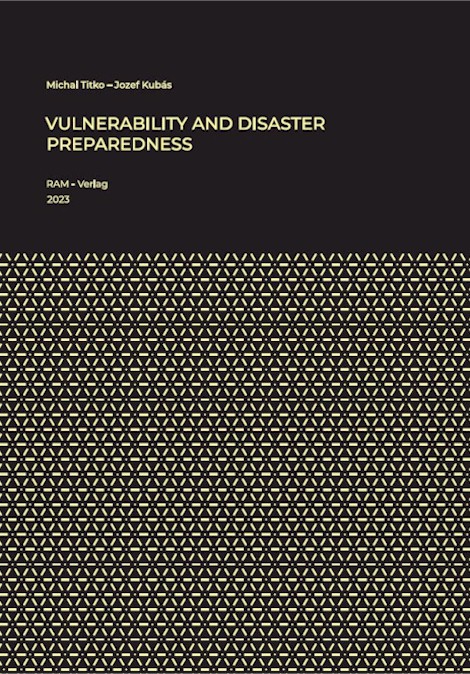|
 |
INTRODUCTION
There is a lot of talk today about the disaster impacts and possibilities of disaster risk reduction on achieving the sustainable development goals. This is due to the fact that there are a number of threats that could negatively affect the realization of these goals in the form of specific crisis phenomena. A properly established crisis management system or the disaster risk management system should prevent these threats and events, reduce the probability of their occurrence, but also ensure an effective response and prepara-tion for possible impacts, and also ensure the implementation of recovery activities. The sustainability of the implementation and development of this system is a challenging but also very important issue in the changing conditions related mainly to processes of globalization, climate change, cyber space, social radicalization and fundamentalism, the loss of power of states, and others.
Crisis events and their negative effects associated with cli-mate change are predicted to increase in frequency and intensity. At the same time, the costs of crisis events in terms of loss of life and damage to social, economic and environmental assets are ex-pected to be higher. Crisis management system should be flexible enough to be as independent as possible from the conditions in which it is implemented. A prudent approach to the given change should, in addition to supporting the management and executive elements of solving crisis situations, include a range of early inter-ventions that consider vulnerable groups of the population and overall strengthen society’s preparedness for such a phenomenon.
Combined with well-designed response measures, this will acceler-ate the recovery of society and future adaptation. Each iteration of the crisis management cycle set in this way will improve risk reduc-tion for the future, reduce the vulnerability of the society and strengthen its development.
Several approaches tend to the opinion that the inclusion of society (communities, people) in risk management and fight against risks is the supporting pillar of the approach on which a sustainable system of crisis management system and risk minimization can be built. The importance of the position of the public is simultaneously emphasized in the area of reducing the vulnerability of socie-ty, the principle of belonging or BBB (build back better). Assessing society’s vulnerability to disasters and strengthening its prepared-ness is necessary to support risk reduction and sustainable strategies for developing crisis management and protecting society.
In the conditions of the Slovak Republic, there is currently a noticeable gap in the existing system of crisis management system in the given section, and the position of the public in it is uncertain. The assessment of the society’s vulnerability is not carried out and the society’s preparedness for crisis situations is not examined. This gap needs to be promptly addressed in the context of probable fu-ture consequences. The goal of this publication is to examine and assess the vulnerability of the society and its preparedness for crisis situations (with emphasis to disasters). Based on the results ade-quate and suitable recommendations for preparedness strengthening can be formulated and more effective system of crisis management is assumed to be achieved. For this purpose, a model for assessing the vulnerability is proposed and options for reducing vulnerability are formulated. Options for reducing vulnerability are focused on strengthening preparedness. With this focus, a new method for as-sessing disaster preparedness was developed and the factors affect-ing preparedness were deeply studied and analysed.
